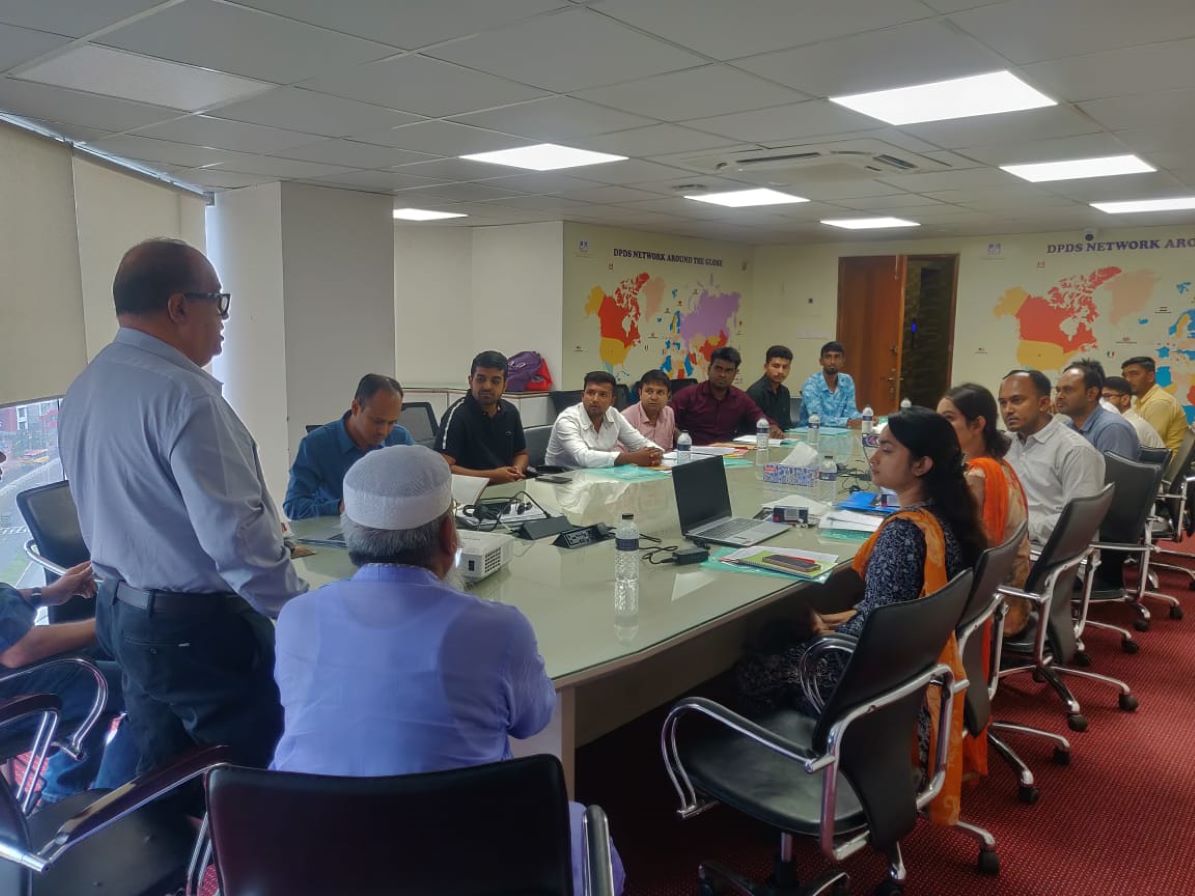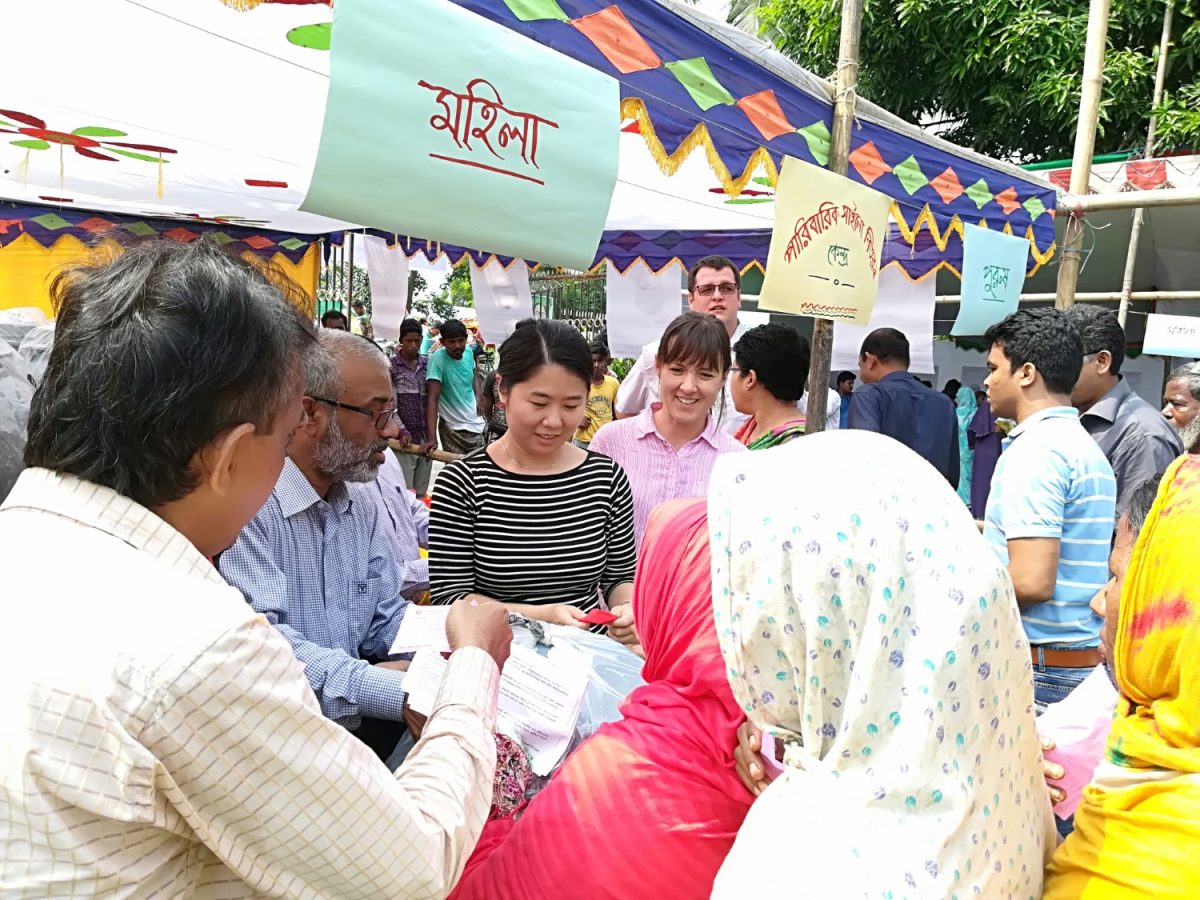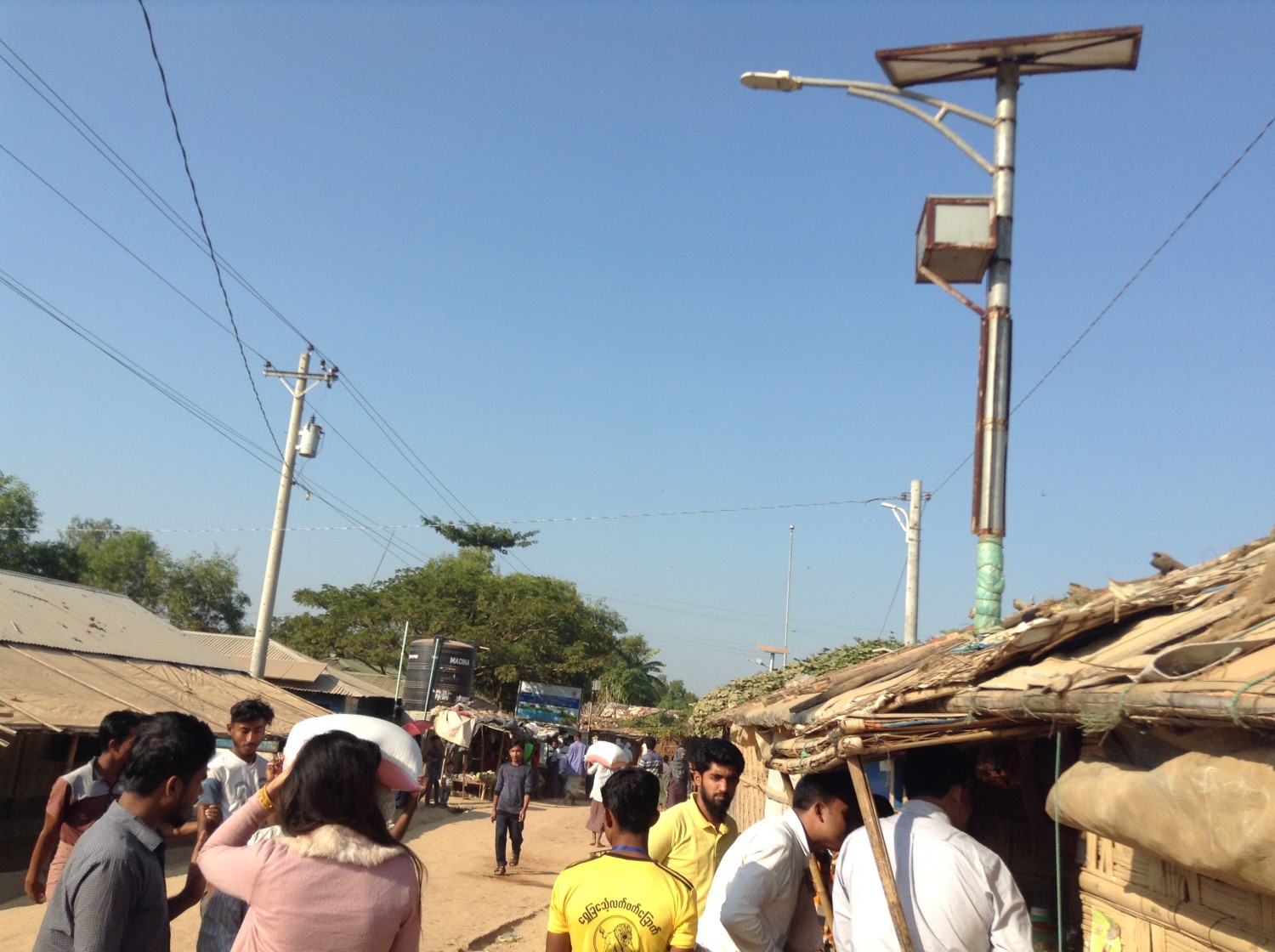Narrative description of Project: Bangladesh is a deltaic country consisting of floodplains created by over 300 rivers and channels, including three major rivers: the Ganges, the Brahmaputra, and the Meghna. 25 percent of the country is less than 1m above sea level and 50 percent is less than 6m above sea level. Bangladesh is located at the foot of the highest mountain range in the world, the Himalayas, which is also the world’s highest precipitation zone. During monsoon seasons, the winds from the sea towards the land raise the water levels in the Bay of Bengal, inhibiting drainage from these rivers to the sea. As rainfall is also high during monsoon seasons, river flows, local rain, and raised levels for the Bay of Bengal result in flooding of vast areas in Bangladesh. Floods are especially destructive when peak flows in these rivers occur at the same time. Hence, the project foresees construction of multipurpose building especially primary schools to speed up the recovery of 1.4 million people of 14 districts in the event of natural flood and lightning.
As part of the Government of Bangladesh (GoB) priority to construct the climate resilient multipurpose flood shelters and related access roads, flood embankments, drainage channels, cross-drainage culverts and rural bridges, the Local Government Engineering Department (LGED) has applied for assistance from the World Bank (WB), aimed at financing the Resilient Infrastructure for Adaptation and Vulnerability Reduction (RIVER) Project to reduce the vulnerability of people in targeted communities to riverine and flash floods, and to improve the country’s capacity in disaster preparedness and response. LGED is the Executing and Implementing Agency (the Employer/Client) for the Project in order to identify an international Consultant to be procured under WB guidelines for procuring consultancy services. Consultant will be required to Community Engagement, Mobilization, Resilience and Capacity Building.
Detailed Description of Actual Services Provided by Our Company: The Firm’s will adopt a locally-led co-creation approach where vulnerable communities and Local Government Institutions (LGIs) will identify their climate and disaster related challenges and risks, formulate risk reduction action plans, early warning dissemination plans, emergency evacuation Management plans, shelter management and shelter operation and maintenance planes and agree on decision-making processes. This will sustain project outcomes by ensuring the core humanitarian principle “Accountability to Affected Population” while increasing community ownership. The approach focus on inclusive development, local capacity strengthening, gender equity, and safety and security of women, adolescent girls, children, youth, persons with disabilities, older people, minority communities. The project team ensure and effective coordinate with all relevant stakeholders at both national and local level through project launching and sensitization workshops and bilateral meetings.



